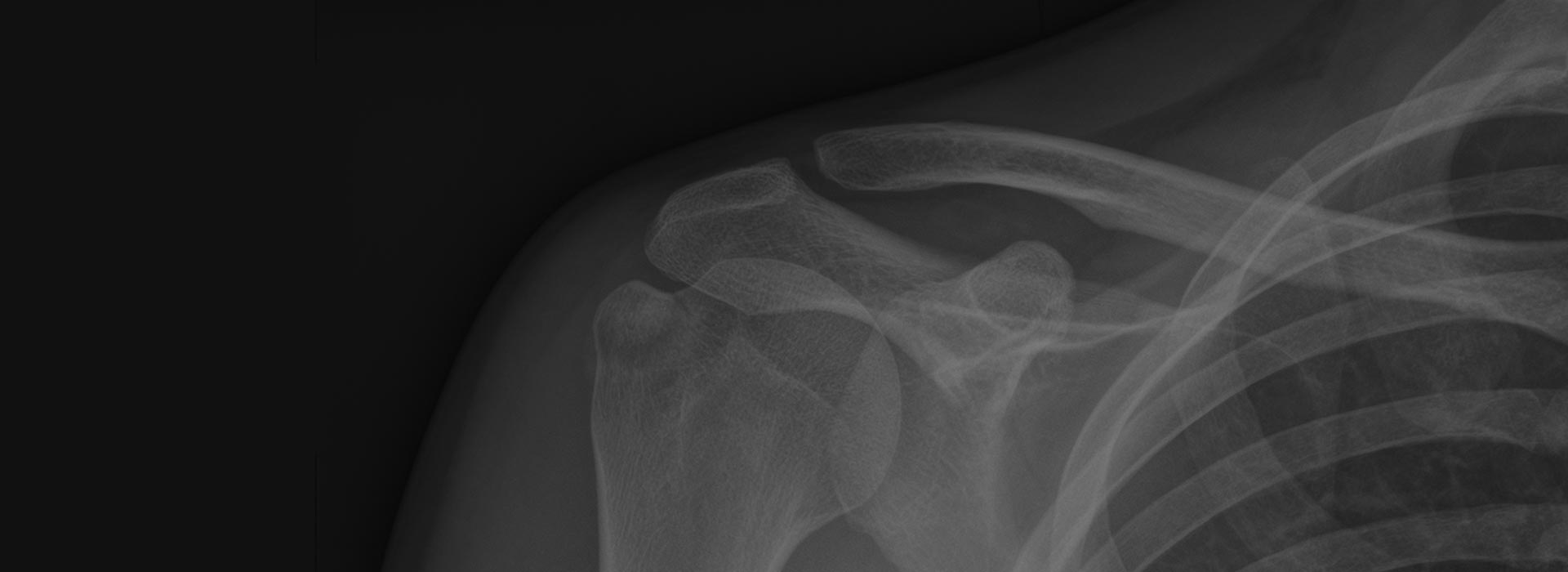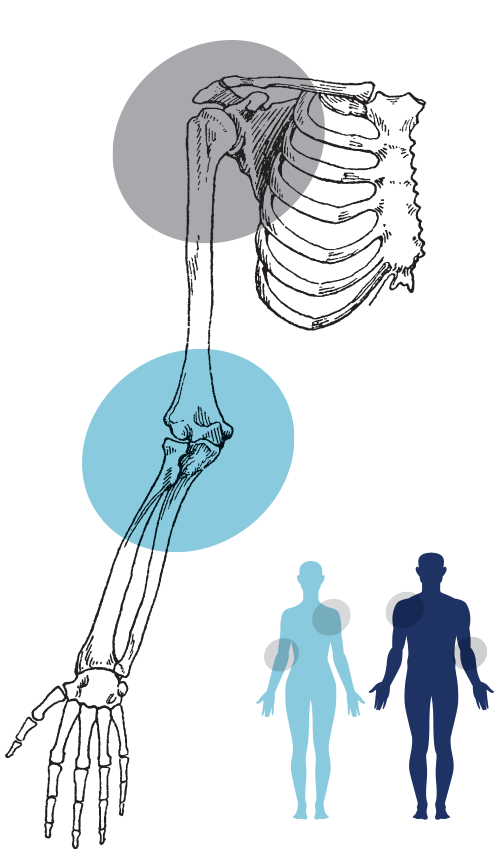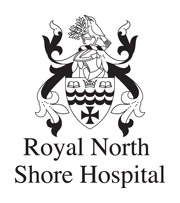
FAQs – Fellowship
Sydney Shoulder Research InstituteWhat is a “Fellowship”?
Fellowship refers to a period of post-graduate training a doctor undertakes after qualifying as a specialist.
It can be thought of as a bit like an apprenticeship in that it entails on the job training, mentoring and teaching, both formally and informally.
Fellowships are usually based within a teaching hospital such as Royal North Shore Hospital which is linked to the University of Sydney. Fellowship is viewed and valued as a critical, pivotal time when expertise is developed and skills enhanced. Not only skills in surgery, but also in research and patient care.
Doctors are free to choose to spend their time on Fellowship locally (i.e. in their city of training or another major city), internationally or both. Following Fellowship, surgeons generally then go on to undertake academic, hospital appointments and/or commence private practice.
What are the educational goals of the SSRI Fellowships?
Both the Sydney Shoulder Research Fellowship and the Sydney Shoulder Research Institute Clinical Fellowship balance clinical work, research and education to provide a broad experience covering all areas of shoulder and elbow surgery.
SSRI Fellows receive extensive exposure to all areas of shoulder and elbow surgery including arthroplasty, arthroscopy, sports reconstructive surgery, and trauma. Fellows undertake perioperative patient care, assist with and perform supervised surgery in several leading public and private hospitals in the lower north shore region of Sydney.
On a rotational basis, Fellows also travel to Dubbo in regional New South Wales to assist with and perform supervised surgery in the public and private hospitals as well as undertake perioperative and postoperative consultations in rooms.
What procedures will Fellows have exposure to during Fellowship?
Fellows will be exposed to the following procedures:.
- Arthrodesis, osteotomy and ligament reconstruction of the major peripheral joints, excluding total replacement of the joint
- Arthroscopic surgery
- Biopsy and excision of tumours involving bone and adjacent soft tissues
- Closed reduction of fractures and dislocations of the peripheral skeleton
- Fasciotomy and fascietomy
- Fracture fixation with mini compression plates
- Management of infections and inflammations of bones, joints and tendon sheaths
- Open and closed reduction of fractures
- Open reduction and internal/external fixation of fractures and dislocations of the peripheral skeleton
- Total joint surgery
- Total joint replacement revision
- Arthroplasty of large and small joints, including implants
- Bone grafts
- Fracture fixation with compression plates of wires
- Lacerations
- Skin grafts
- Tendon release, repair and fixation
As a Fellow, will I be assigned to one surgeon only?
No. While you will have a Supervising Fellow (either Dr Cass or Dr Young), your timetable will see you spend time with all 4 of our Faculty surgeons – Dr Cass, Dr Young, Dr Hughes and Prof Sonnabend.
This provides exposure to 4 different operating and teaching styles ensuring a well-rounded, comprehensive experience.
Are there any “on call” expected as part of your Fellowships?
There are no formal on call requirements. That said, from time to time Fellows are asked to assist after hours on cases that may be of interest. We encourage Fellows to do this for it often proves invaluable experience and a chance to see some of the more unusual cases. This informal on call component is neither onerous nor paid, it is part of the learning experience.
What is the average weekly schedule like?
The average weekly schedule for the Fellow comprises:
- two or three days in theatre*
- two half days in clinic
- one day undertaking research
The schedule operates on a 4 week rotating cycle offering ample variety, flexibility and opportunity for the Fellow to manage his or her research and study activities. The Fellow is permitted to take up to 4 x weeks leave from the Fellowship for vacation and/or conferences, however this is generally taken at prescribed times which will be advised of in advance.
*It is important to note that at the start of Fellowship, you will be mostly assisting the consultant surgeons. As time goes on and your skills develop, you will be able to undertake your own (supervised) operating lists
How long are SSRI Fellowships?
SSRI Fellowships are 12 months.
Other organisations are known to offer 6 month fellowship however we believe maximum mutual benefit is gained through training of 12 month’s duration. That said, we have, on occasion offered 6 month fellowships, generally to local surgeons who then go on to pursue fellowships overseas.
How to apply...
In the first instance you need to contact Jasmin Gwynne, manager of Sydney Shoulder Research Institute for advice as to availability of fellowships. You can email her at:
fellows @ sydneyshoulder.com.au.
If a fellowship is available at a time suitable to you and applications are open, you need to complete the SSRI Fellowship Application Form and submit the documentation required.

FAQ’s
Where? – Hospitals
What is the primary teaching hospital for the Fellowships?
The primary teaching hospital i.e. where our Fellowships are based, is Royal North Shore Hospital (RNSH).
 RNSH is located in St Leonards on the lower north shore of Sydney which is a region a few minutes’ drive north of the CBD, just over the Harbour Bridge. RNSH has approximately 600 beds and full radiology, pathology and all orthopaedic subspecialties 24 hours a day.
RNSH is located in St Leonards on the lower north shore of Sydney which is a region a few minutes’ drive north of the CBD, just over the Harbour Bridge. RNSH has approximately 600 beds and full radiology, pathology and all orthopaedic subspecialties 24 hours a day.
RNSH handles large volumes of elective and traumatic orthopaedics and serves as a major tertiary referral centre for problems in this field.
Which other hospitals are part of your Fellowships?
Other hospitals involved in our Fellowships include:
- Ryde Hospital
- North Shore Private Hospital
- The Mater Hospital
- Mater Clinic Theatres
- St Vincent’s Private Hospital
- Dubbo Base Hospital
- Dubbo Private Hospital.
FAQ’s
Application & Requirements
What are the selection criteria for an SSRI Fellowship?
Applicants must hold a higher degree in orthopaedic surgery from the Royal Australasian College of Surgeons (or an overseas equivalent) and be Board-eligible.
Applicants who also hold degrees in other relevant disciplines such as sports medicine, biomechanical engineering or physiotherapy will be favourably considered.
Applicants must be eligible for limited (i.e. supervised) or general registration as a medical practitioner in New South Wales and hold an appropriate level of professional indemnity insurance.
Applicants must be highly fluent and proficient in both spoken and written English. If an applicant did not undertake secondary and tertiary education at English speaking institutions they will also need to provide IELTS results no more than 12 months old showing scores of 7 and above in all 4 x areas (i.e. Writing, Reading, Speaking and Listening) as well as certified translated copies of both their undergraduate and postgraduate qualifications should these not be in English. Applicants are responsible for arranging and paying for their own IELTS examinations. Please note that availability for undertaking the IELTS examination varies from city to city so if required this should be attended to as soon as possible.
Why is IELTS required?
This (or other equivalent means of proving English proficiency) is a requirement of the Australian Medical Board.
Further details can be found here at the APHRA website.
What is expected of an SSRI Fellow?
SSRI Fellows are expected to:
- adhere to our Fellowship Training Program
- be actively involved in regular clinical, scientific and educational meetings
- initiate and undertake both individual and collaborative research projects that produce at least one paper (article) suitable for presentation at an international meeting and publication in a peer-reviewed journal.
Fellows are expected to sign a contract of employment with SSRI which outlines their rights and responsibilities as well as ours to them.
Fellows are also expected to be responsible for any and all costs of their Australian medical registration and associated fees (such as certification of qualifications and IELTS testing), visa applications and associated fees (such as medical tests), professional indemnity fees, travel to and from Sydney from their home city, transport to and from work, child care, accommodation and all associated expenses including (but not limited to) rental bond, telephone, internet, electricity and/or gas connections and bills, exit cleaning fees and entertainment.
Do Fellows get paid any stipend or salary while undertaking training?
Yes. Fellows are employed and paid a salary of AUD 80,000 including superannuation and taxation. This is paid fortnightly into an Australian bank account.
If you are an overseas surgeon (i.e. not an Australian citizen) you may be entitled, when you leave Australia, to be paid the superannuation monies we pay on your behalf by the fund to which we contribute. In addition, when you complete a Tax Return at the end of the financial year following completion of your Fellowship you may be entitled to a tax refund from the Australian Taxation Office.
NB: we do not provide financial advice in this or any other regard. You should make your own enquiries regarding superannuation, taxation etc. and decide whether this Fellowship (should it be offered to you) is appropriate for you and your circumstances.
Are SSRI Fellows able to apply for external funding such as scholarships?
Surgeons who have been granted a Fellowship position and signed a Fellowship contract with SSRI are able to apply for scholarships to assist with supplementing the income we provide.
For example, the Rowan Nicks Fellowships offered by Royal Australasian College of Surgeons comprising several different scholarships available to surgeons from South East Asia, the Pacific Islands, United Kingdom and Ireland as well as New Zealand via an exchange-style arrangement.
Application information can be obtained from Royal Australasian College of Surgeons. Surgeons who have not been granted a Fellowship position or signed the SSRI Fellowship contract are not eligible.
What costs are involved with the Fellowship?
While SSRI does not charge Fellows any fees for its training, there are a number of costs associated with obtaining registration and accreditation as a medical practitioner in Australia should you not already hold this. Presently this is in the order of AUD 4000.
Applicants will also be responsible for any and all costs associated with obtaining a 407 Training Visa should they not be Australian or New Zealand citizens. Presently this is in the order of AUD 400 for the applicant plus AUD 180 per additional applicant plus the fees of a migration agent should one be used.
Who will pay for the Fellow’s visas, travel, accommodation and other things?
Fellows are responsible for the costs of their own and their family’s visas, travel, accommodation and living while in Australia which is the standard practice.
We can assist you with arranging your visas however we do not assume to be nor represent immigration agents and encourage you to seek your own independent advice in this regard.
Does SSRI help Fellows with obtaining medical registration, hospital accreditation, indemnity insurance, visas etc.?
Yes. Jasmin is available to assist Fellows with navigating what many have called the “bureau-crazy” of Fellowship paperwork.
This process commences early, about 9 to 12 months prior to commencement of Fellowship. It is important to understand that these processes do take time and that there are several agencies with which to deal, some simultaneously and others sequentially.
While we cannot guarantee it, Jasmin and everyone at SSRI will do their utmost best to assist you to be ready to commence your training on time. To date the majority of our Fellows have been able to start on time.
Are there are any agencies that help Fellows with this paperwork process?
Yes, the Australian Orthopaedic Association does offer a fellowship administration service for a fee.
Further information can be found on the AOA’s website here.
Do you take applications and Fellows from all countries?
Yes, we accept applications from all qualified surgeons regardless of country of origin.
If qualified in a country other than Australia, you will need to have your medical qualifications verified through EICS via application to the Australian Medical Council.
I am an international surgeon and/or English is not my first language, can I still apply for an SSRI Fellowship?
Yes however please note, that in addition to the above requirements, you are also required to provide us with evidence of how you will be able to meet the Medical Board of Australia’s English proficiency requirements for registration.
Documentation Required
- Current Curriculum Vitae which MUST include:
- recent ID card style portrait
- date and place of birth
- list of research publications to date
- current position
- current research
- 2 x signed letters of professional recommendation on original letterhead in .pdf format (i.e. unalterable) no more than 1 year old. Other formats will not be accepted.
- Contact details of 2 x current professional referees (can be the authors of the letters of recommendation).
NB: these people will be contacted by SSRI and asked to complete a confidential referee’s report on your behalf. Should these not be received your application will not be processed.
FAQ’s
What’s Next?
I’ve submitted an application for Fellowship to SSRI, what happens next?
Once your application is provided in its entirety it will be acknowledged as being received. It will then undergo preliminary checks and assessment.
Should you be successfully short-listed, you will be contacted by email and interviewed by telephone by the supervising surgeon (i.e. Dr Cass or Dr Young) and Jasmin Gwynne, manager of SSRI. You will then be notified within 48 hours of the outcome of your interview by email.
I have applied for an SSRI fellowship but have had a change of circumstances and need to withdraw my application, how do I do that?
Should you at any time need or wish to withdraw your application, please notify us in writing as soon as possible to be fair both to us at SSRI as well as to any other applicants.
What is it like to be an SSRI Fellow?
As you can imagine this is a difficult question for us to answer so we invite you to take a look at our Alumni page where you can read stories written by some of our past SSRI Fellows regarding their personal experience of Fellowship with us.
Can I speak with past SSRI fellows to get some idea about the Fellowship and SSRI?
If you have been shortlisted for or appointed to a Fellowship position you may make this request via email to Jasmin.
Please note this service is not available otherwise.
I’ve got a question about Fellowship that you’ve not covered here, what can I do?
This website is not meant to be an exhaustive shoulder and elbow fellowship resource, rather its main purpose is to inform current and potential Fellows, colleagues, research partners and patients regarding what we do and how we do it.
If you have a question that has not been covered in this section, please refer to our Infrequently Asked Questions page.
